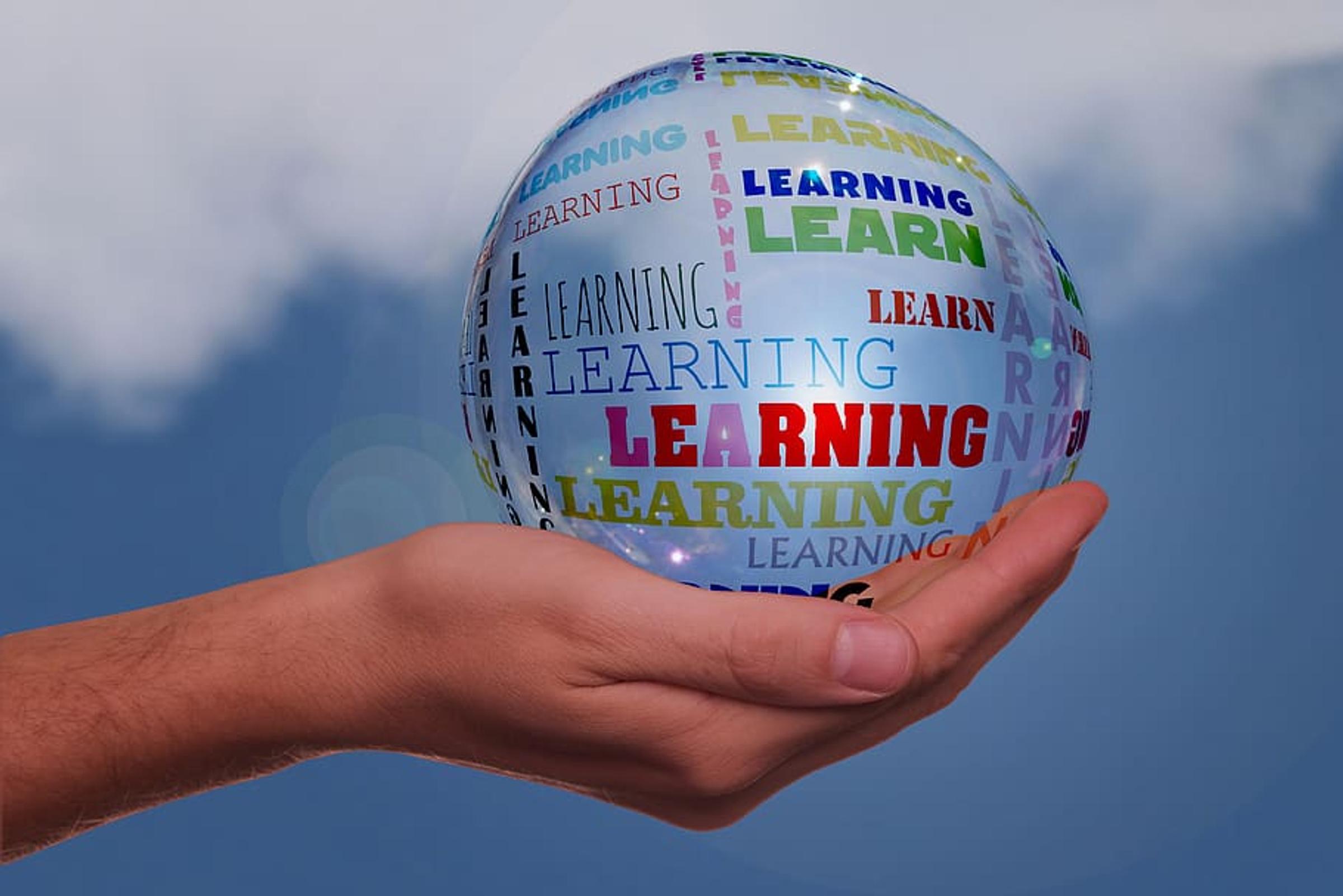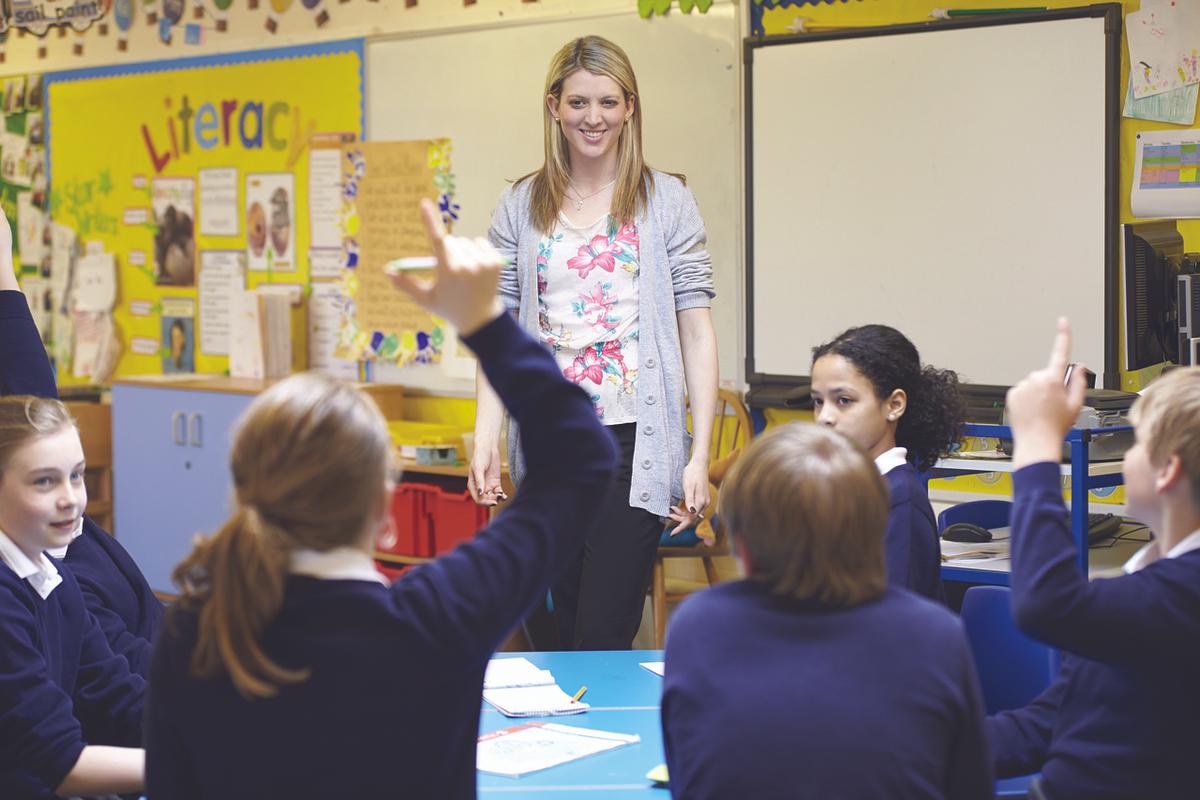From the Director of Pedagogy and Innovation

Relational Discipline
News of the global teacher shortage continues to make headlines with many Australian and International studies looking into the causes and possible solutions. On my drive into work in the morning there are regularly call-in segments on the radio where teachers, principals and parents can express their experiences of teacher shortages and what the day-to-day experience looks like for different groups. This is often difficult listening and I am thankful that some of the stories that are told are not happening at Blue Mountains Grammar School.
A common reason for teachers leaving the profession is the behaviour of students, and a lack of ability to deal with low-level, ongoing problems effectively. Teachers feel there are only so many times they can ask a student to stop gaming in class, to speak respectfully and follow basic instructions. Again, I am thankful that at our school the students are generally very well-behaved and respectful of teachers’ instructions. However, as discipline and behavior continue to be a major factor in teaching it is worth discussing here today.
William Bender’s research* into this topic reasons that for behavior to shift in schools, there needs to be:
- a greater emphasis on relationship between students and teacher,
- more understanding around the attention span of the student, and
- self-regulation and the self-imposed discipline standards a student sets for themselves.
Teacher-student relationships are like any other relationship, in that they rely on trust, kindness, humour, appropriate boundaries and strong communication. However, they differ from many other relationships in life as students are placed in a class and teachers are delegated a group to teach. In some situations, these students and these teachers would not choose to work together, though this is the nature and form of schools: Teachers are assigned classes and students are assigned teachers.
It is the job of both parties to work on this, find common ground and realise they both want the same things: success, in whatever form that looks like. When students feel comfortable talking to their teachers, they are more likely to seek guidance and clarification regarding rules, corrections and expectations. Teachers can use these opportunities to explain the rationale behind disciplinary measures and provide students with a chance to voice their concerns. Such communication not only makes discipline more meaningful but also helps students internalise the values and principles that underlie good behaviour.
Knowing our students extends to understanding their capacity, and the intricacies of how this changes across the days, weeks and months of the year. It would be no surprise to you that Friday afternoon after lunch is a tough shift for a teacher! The weekend is very close, students and teachers are tired and if there is not an understanding of how different types of the day require different teaching styles there is a high risk of disengagement. This is not to let students off the hook and say that because it is late in the week we are not asking students to work. Rather it is about working out the best way to engage students and provide lessons that cater to this challenge.
Self-regulation is going to be one of the major spotlight areas in schools over the next few years and its importance is hard to overstate. Self-regulation encompasses a set of critical skills and behaviours that enable students to control their emotions, manage their impulses, and direct their focus effectively. This skill set is foundational for academic success and personal development. Beyond academics, self-regulation is essential for students' social and emotional well-being. It helps them navigate interpersonal relationships, resolve conflicts, and cope with stress in healthy ways. It helps with adaptability, resilience and problem solving. As teachers, helping students own, monitor and modify their behaviour independently should be one of our highest priorities.
In many ways the theories behind relational discipline are not new, but in a world where the quality of relationships is diminishing, time spent online is increasing and schools are becoming more complex, relational discipline is powerful tool we can use to enhance the sense of belonging and ownership in our school.
*Bender, W. (2017). Relational Discipline. 3rd Edition. Pearson Education.
Mr Chris Sanders
Director of Pedagogy and Innovation
